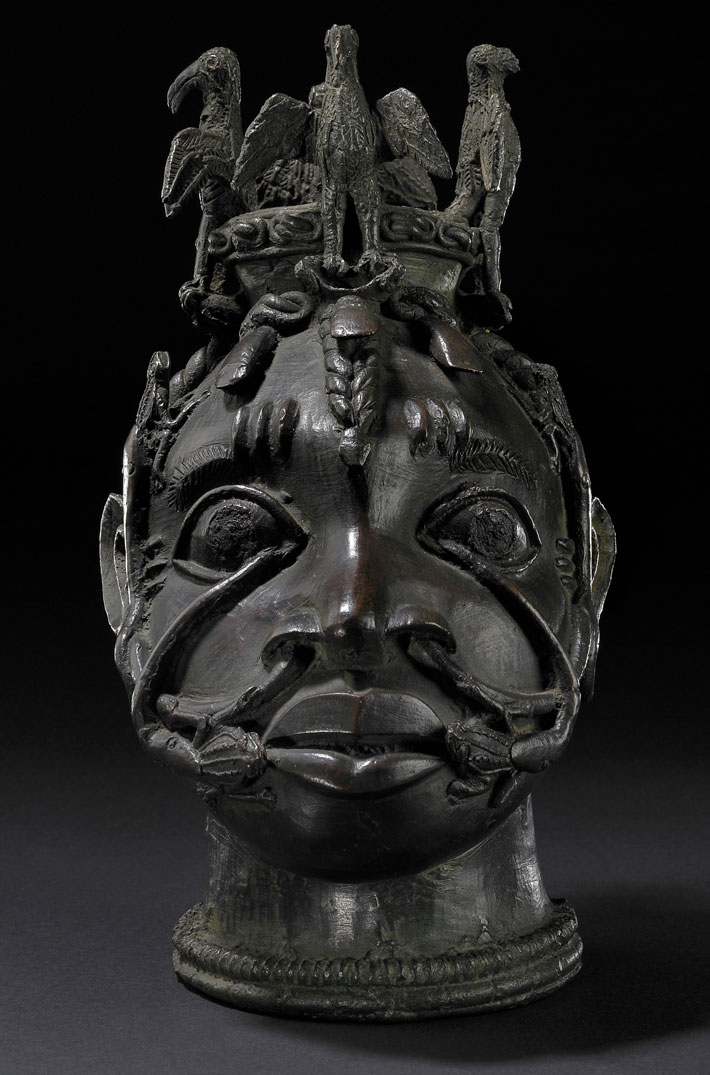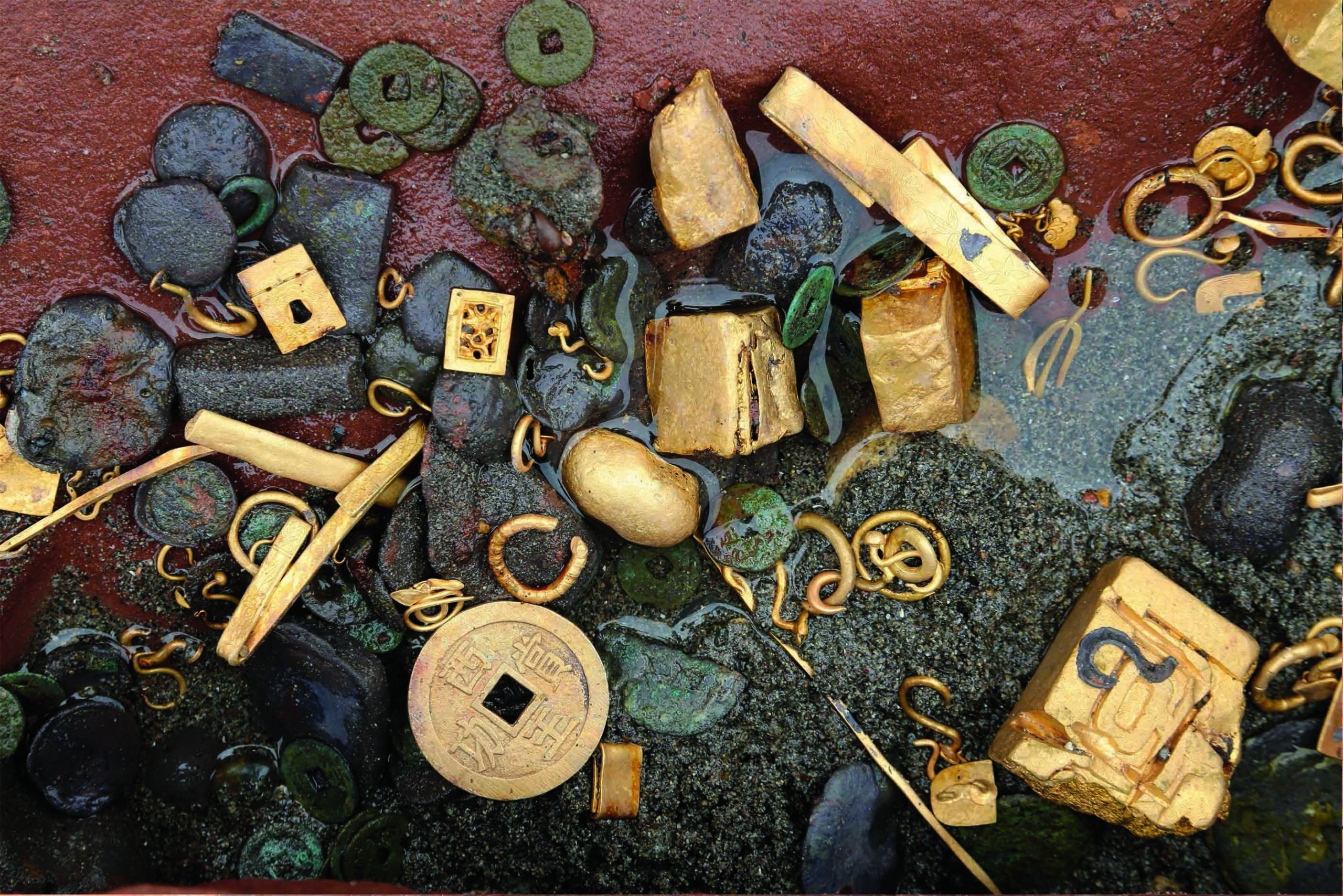MADRID, SPAIN—El País reports that mass spectrometery analysis of two artifacts from eastern Spain’s Treasure of Villena, conducted by Salvadore Rovira-Llorens of Spain’s National Archaeological Museum, Martina Renzi of the Diriyah Gate Development Authority of Saudi Arabia, and Ignacio Montero-Ruiz of the Institute of History at the Spanish Research Council, suggests that they were crafted with iron from a meteorite sometime in the Late Bronze Age, between 1400 and 1200 B.C. Meteoritic iron can be identified because it contains more nickel than terrestrial iron, and it can contain traces of other elements such as cobalt as well. The first iron artifact, which is decorated with gold, is thought to be the pommel of a sword hilt. The second object is a C-shaped bracelet, now heavily corroded. “These two pieces of iron had enormous value,” Montero Ruiz said. “Who manufactured them and where this material was obtained are still questions that remain to be answered,” he concluded. To read about a piece of Libyan Desert glass found in Tutankhamun's tomb that was formed by a meteorite impact, go to "Scarab From Space."
Meteoritic Iron Detected in Bronze Age Items From Spain
News February 7, 2024
Recommended Articles
Digs & Discoveries September/October 2021
Crowning Glory
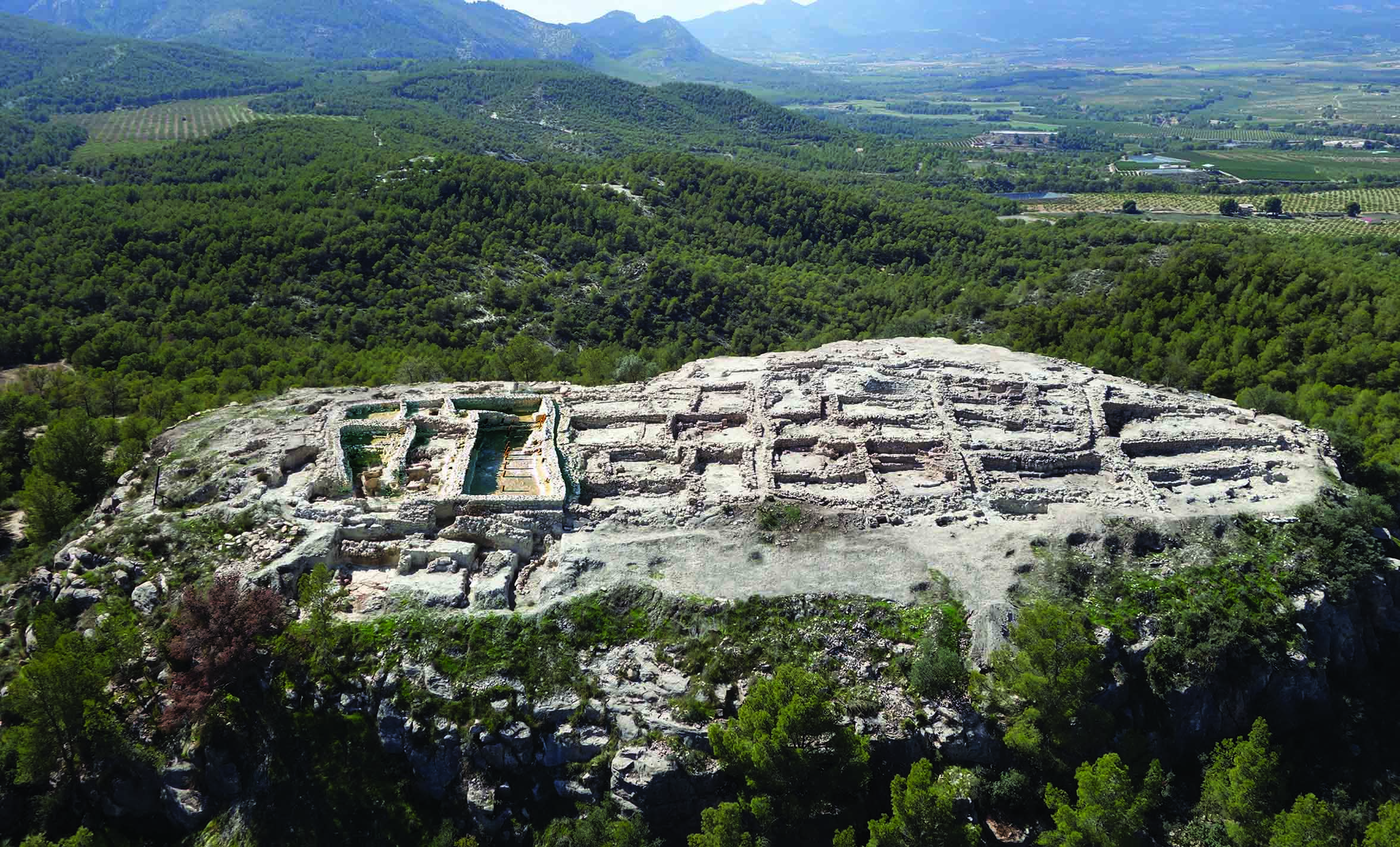
Artifacts July/August 2019
Bronze Age Beads
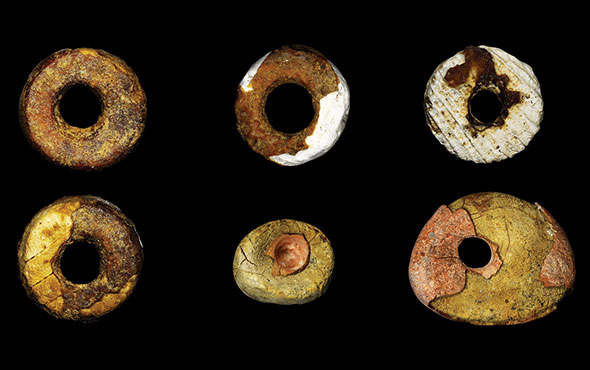
Digs & Discoveries May/June 2019
A Fox in the House

Digs & Discoveries November/December 2024
Bronze Age Paleontologists
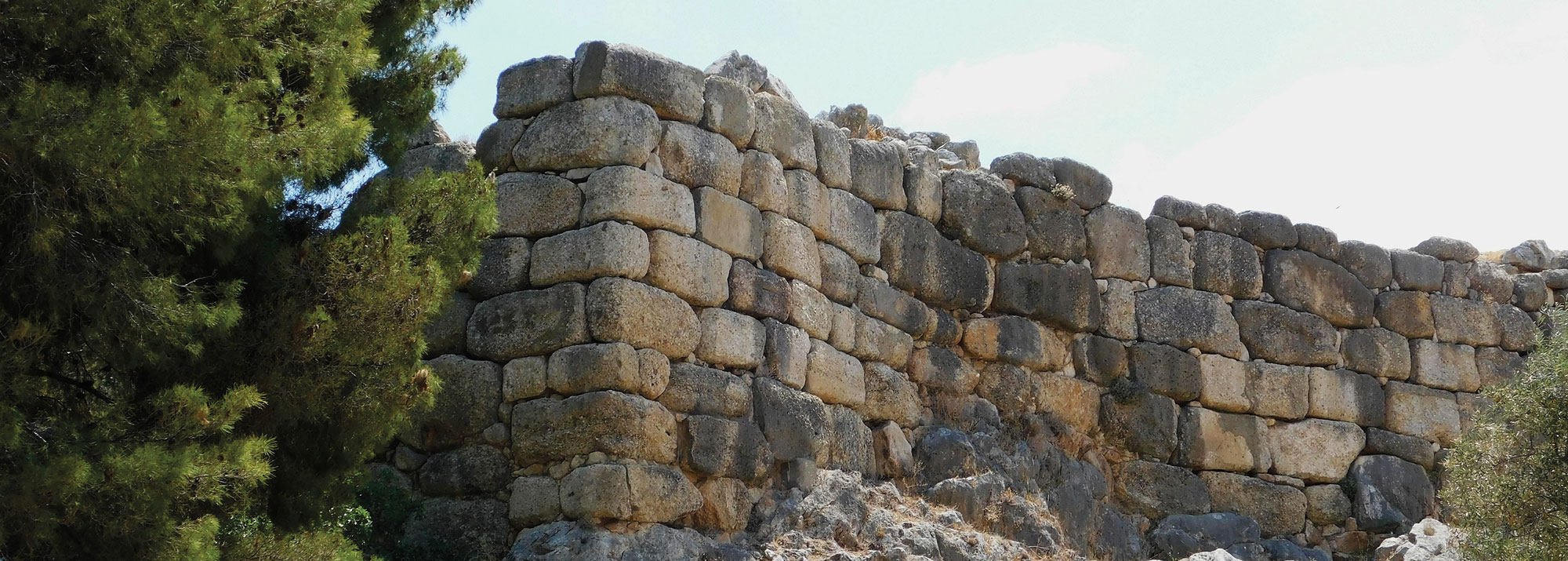
-
Features November/December 2023
Assyrian Women of Letters
4,000-year-old cuneiform tablets illuminate the personal lives of Mesopotamian businesswomen
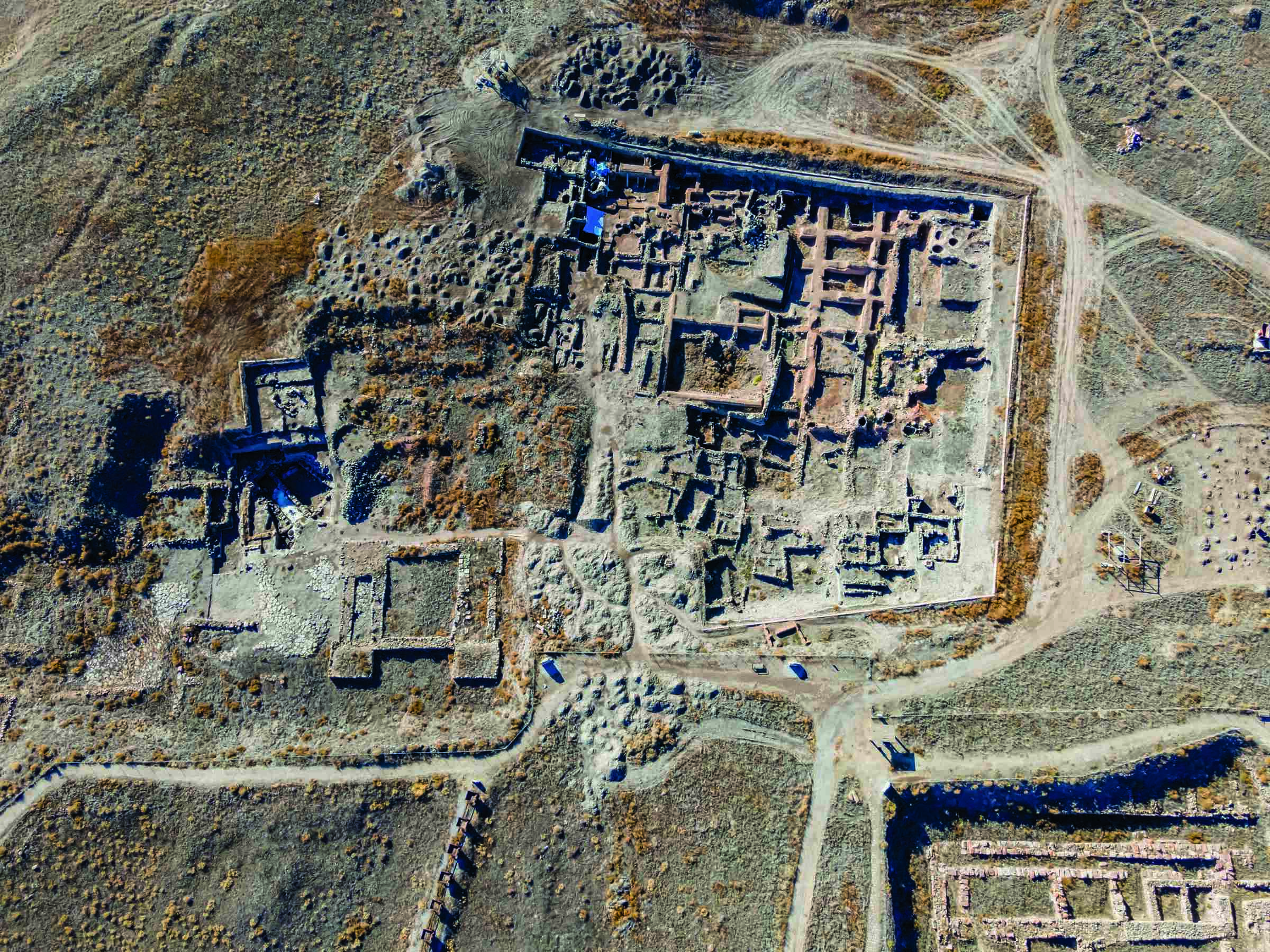 (Attraction Art/Adobe Stock)
(Attraction Art/Adobe Stock) -
Letter from El Salvador November/December 2023
Uneasy Allies
Archaeologists discover a long-forgotten capital where Indigenous peoples and Spanish colonists arrived at a fraught coexistence
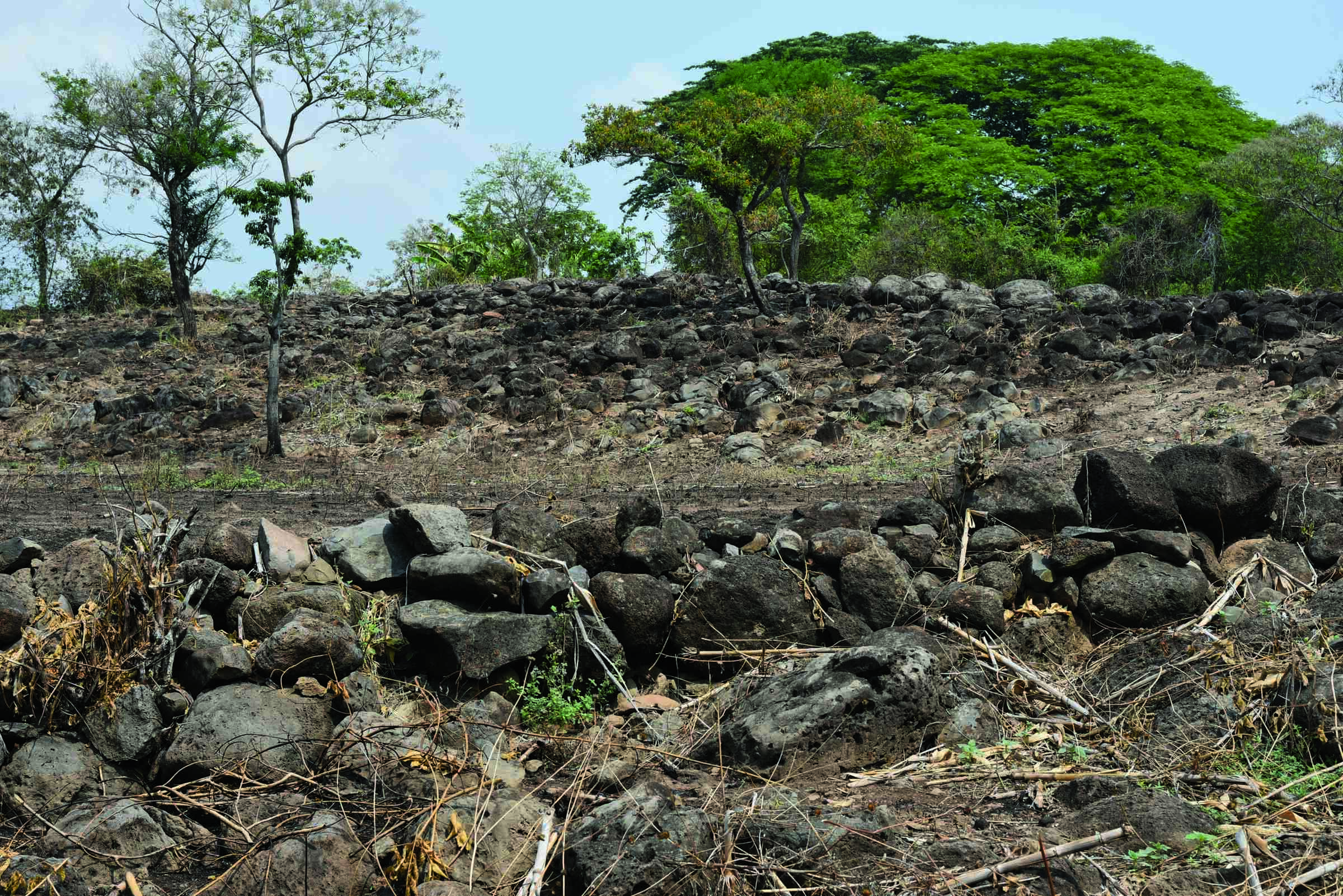 (Courtesy Roger Atwood)
(Courtesy Roger Atwood) -
Artifacts November/December 2023
Sculpture of a Fist
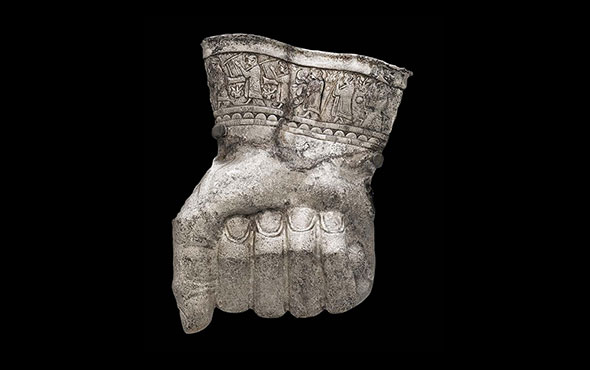 (Museum of Fine Arts, Boston/Bridgeman Art Library)
(Museum of Fine Arts, Boston/Bridgeman Art Library) -
Digs & Discoveries November/December 2023
The Benin Bronzes’ Secret Ingredient
